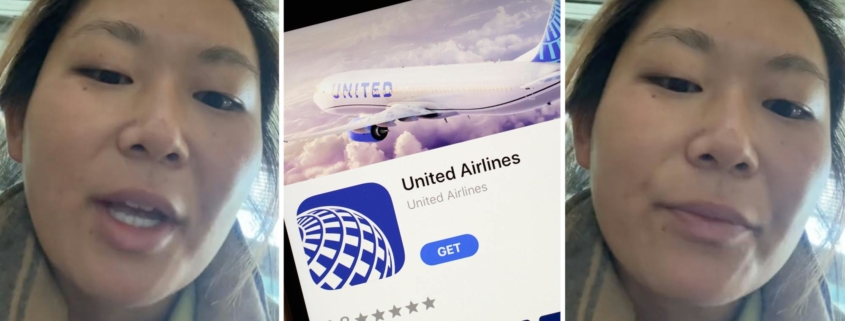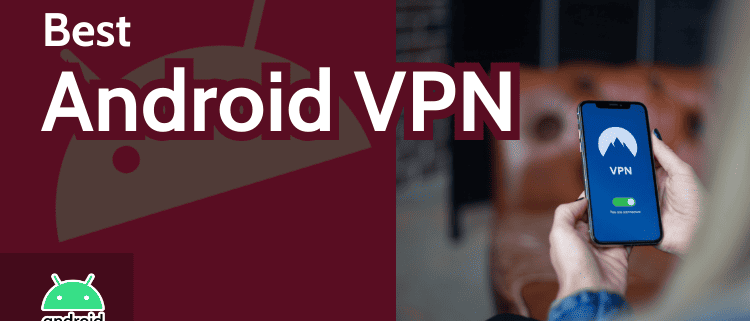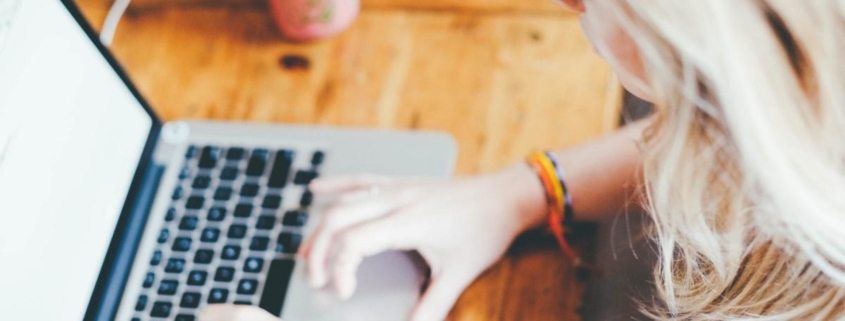Frequent Flier Claims to have Cheat Code for Free Checked Bags
If you’re a frequent flier, you’ve probably picked up some methods to save money.
For instance, if you don’t want to fork over the extra cash for an economy-plus seat, you can check the flight map to see if there are any available empty seats. If you’re the last person to board the plane, there’s a chance there will be an economy-plus seat unfilled, so you can just slide right into it. Flight attendants may just give you the benefit of the doubt and let you sit there without hassling you about it. (Hint: this trick probably works best if you’re traveling alone.)
A similar hack can usually be employed with checked luggage. Sure, not keeping your belongings with you is a bit of a pain, and if you only need a small carry-on piece of luggage, you’re going to want to keep it with you on the airplane and toss it in an overhead bin. All other baggage gets tossed in the plane’s storage area. But that means having to wait at the baggage carousel and, depending on the type of ticket you purchase, paying for a checked bag.
But there’s a way around forking over the cash for that checked baggage fee, according to TikTok user Nicole Nina (@hutravelstheworld) who is a self-proclaimed solo traveler who is always jet setting with a decent amount of luggage.
She said that there’s a way to ensure airlines like United and American will check your bags for free, you just need to be willing to get them past security and to a gate agent, who will more than likely be eager to take care of that for you to conserve overhead bin space.
“OK, this is my hack for never paying for a checked bag, and I always travel with so many bags and I always pay for the most basic economy seat,” she explains in the clip. “This is only for airlines like United, American, Lufthansa, Iberia, whatever. This isn’t for like Spirit, RyanAir, EasyJet.”
Nina says that the aforementioned “premium” airlines have begun charging for checked bags or even carry-ons, but she’s found a workaround.
“You have to check in online and then just download it to your phone—your ticket—and then go through security,” she says. “Go to your gate, and then just be like,…



